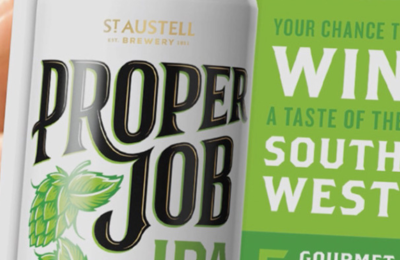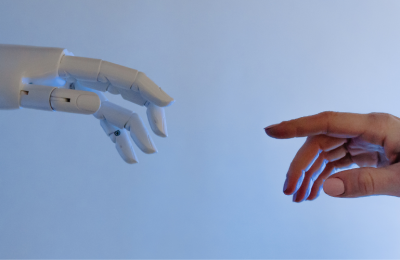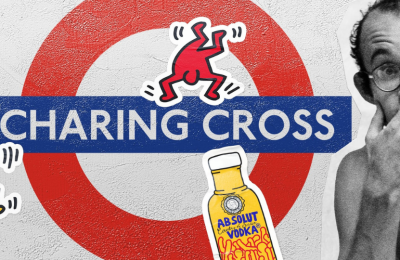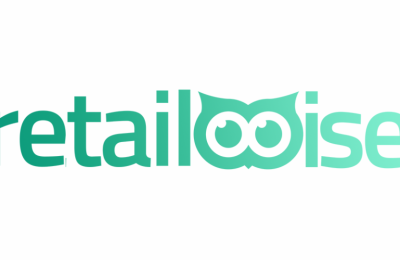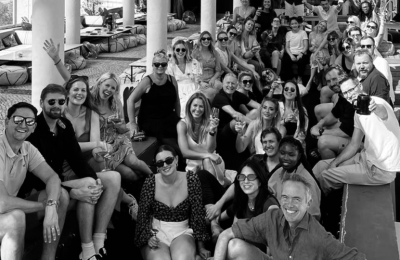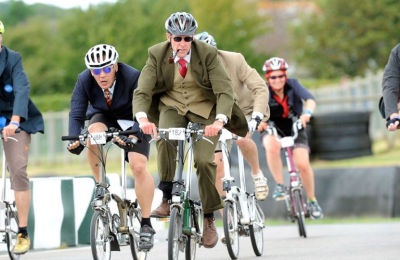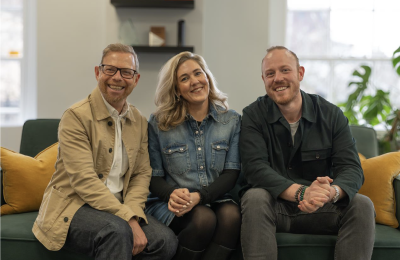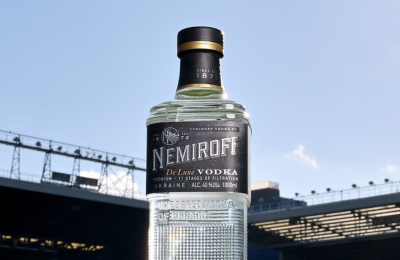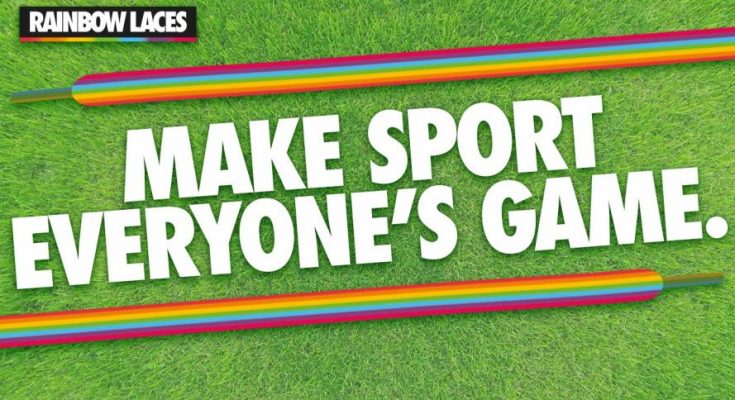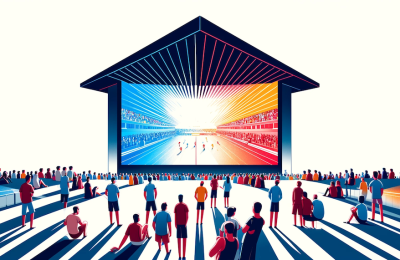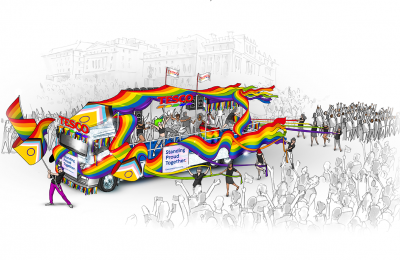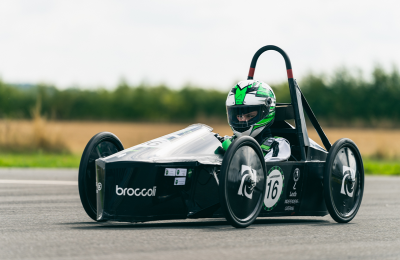Adidas, Aon and Aviva are backing this year’s Rainbow Laces campaign, which is run by LGBT charity Stonewall UK to combat homophobia and transphobia in sport.
The 2016 campaign aims to recruit consumers, schools, sports clubs and other organisations to take part in a week of action in November culminating in a weekend of activity on November 26th and 27th to show that “everyone can play a part in making sport everyone’s game”, as the charity puts it.
The Rainbow Laces campaign is supported by TeamPride, a group of global organisations committed to making sport open to all regardless of sexual orientation or gender issues.
The Rainbow Laces campaign originally launched in 2013, backed by book maker Paddy Power, and saw sets of rainbow laces sent to dozens of major football clubs. Free newspaper Metro has also been a supporter in the past.
This year’s campaign launch has been supported with the release of new ICM research commissioned by Stonewall which suggests that younger sports fans are more likely to think that anti-LGBT language is harmless if it’s just meant as banter (22% of 18 to 24-year-olds compared to 13% overall).
The research also reveals that 18 to 24-year-olds are twice as likely to say they would be embarrassed if their favourite player came out as gay (22% compared to 12% overall.
However, the research shows that the majority of people think that offensive language towards LGBT people in sport is a problem (59%), with young people more likely to identify it as a ‘big problem’ (28% compared to 13% overall).
Football fans are the most likely to hear homophobic abuse, with 72% of fans hearing it while watching live sports in the past five years.
However, despite this, the research highlights some encouraging trends. Across the general population, nine in 10 (88%) would be either ‘proud’ or ‘neutral’ if their favourite player came out as gay (50% proud, 38% neutral).
Ruth Hunt, the chief executive of Stonewall, said: “We’re pleased that such powerful organisations have stepped up and given their support to our ‘Rainbow laces’ campaign, and now we urge more organisations to become part of our team. Sport should be everyone’s game but sadly, the research released today shows that homophobic, biphobic and transphobic abuse continues to heard on the terraces and in sports arenas across Britain.”
Nearly two-thirds of those surveyed by ICM (63%) say more should be done to make LGBT people feel accepted in sport. Almost two thirds of young people (60%) say that open LGBT players would have a positive impact on the culture of sport, and 63% of young people say they wish more sports players were open about their sexual orientation.
Hunt adds that “there is a persistent minority who believe this sort of abuse is acceptable. These vocal few may be under the illusion that anti-LGBT language is harmless but it makes lesbian, gay, bi and trans fans and players feel unsafe, unwelcome and unable to be themselves. We need high profile sports clubs and personalities to stand up as allies and help make sport everyone’s game by showing that homophobic abuse has no place in sport.”

